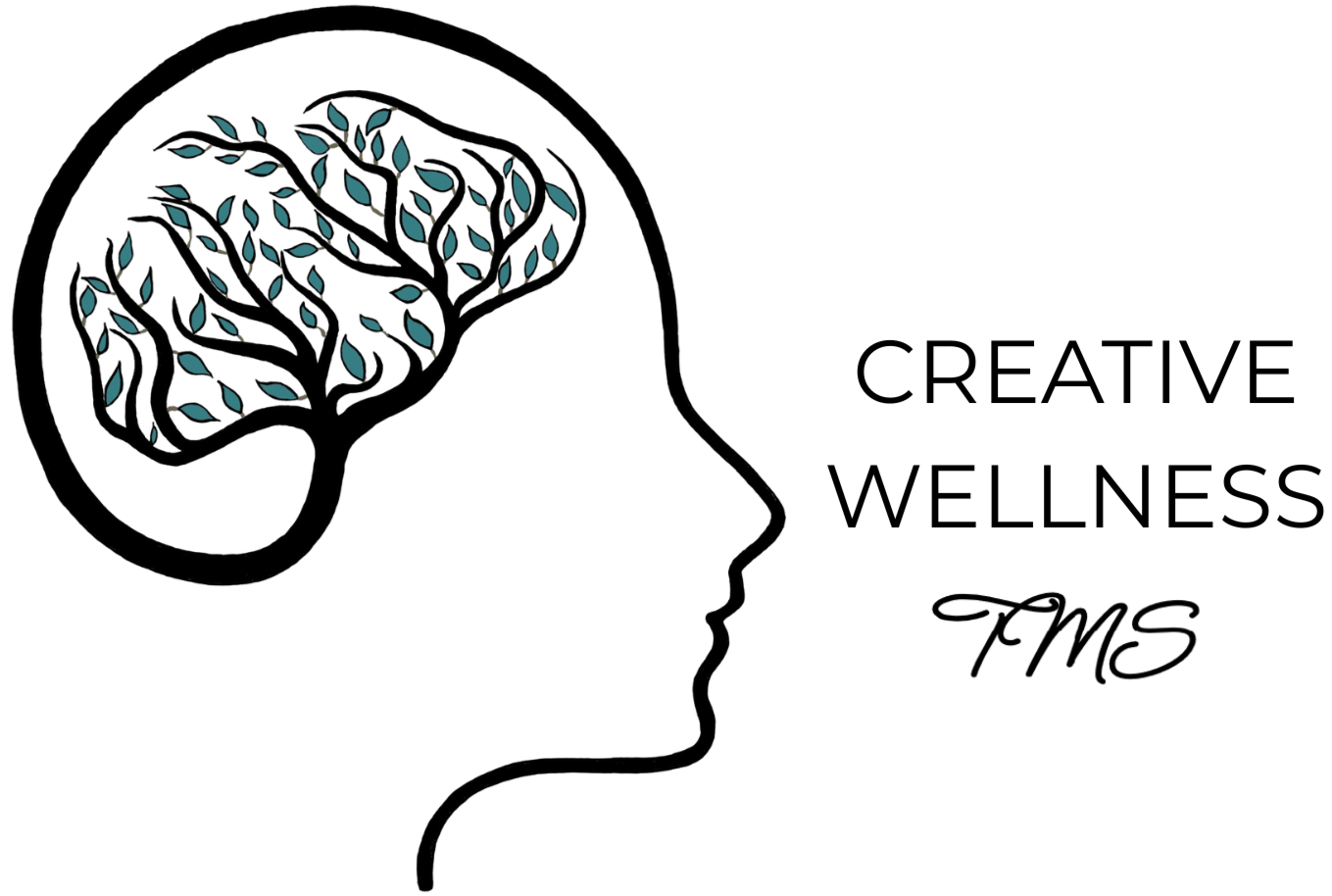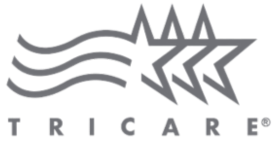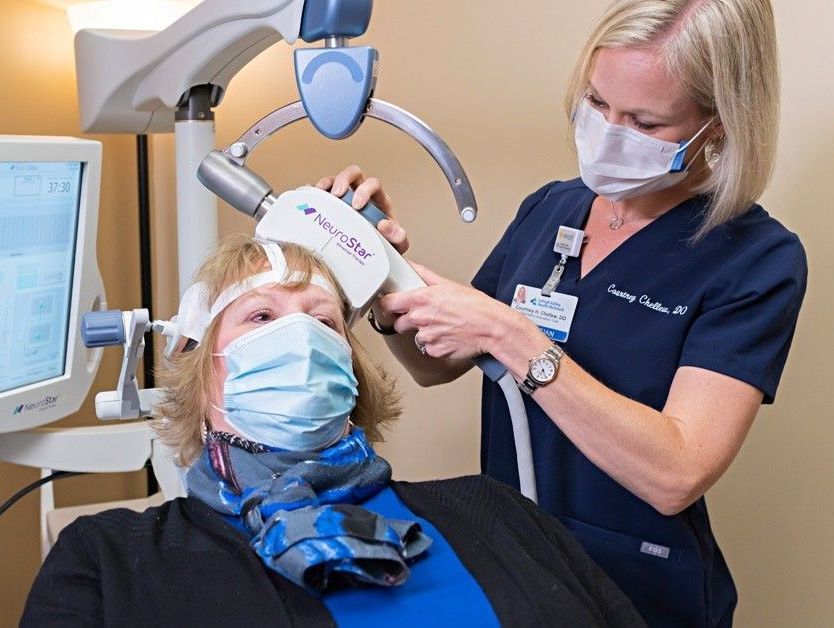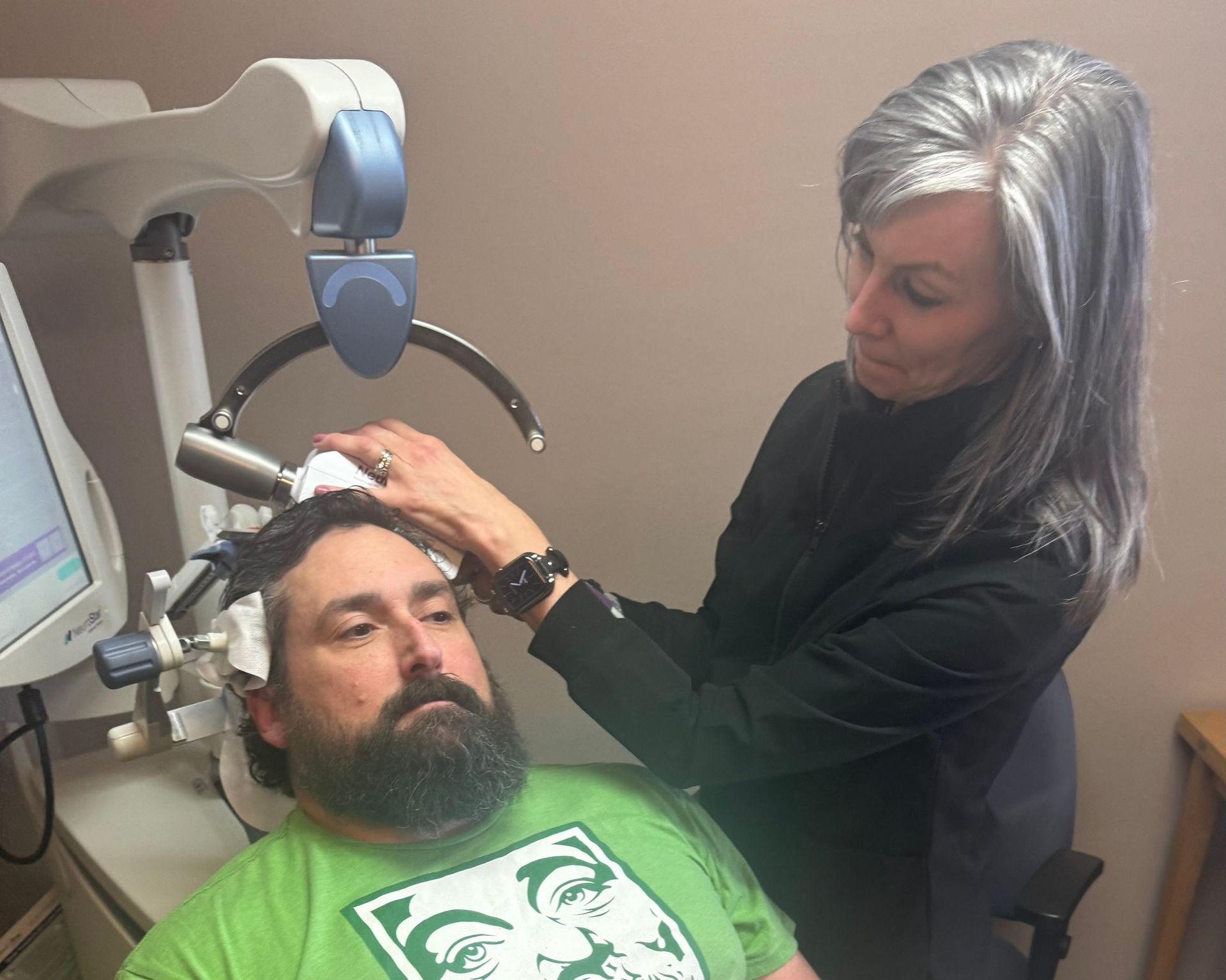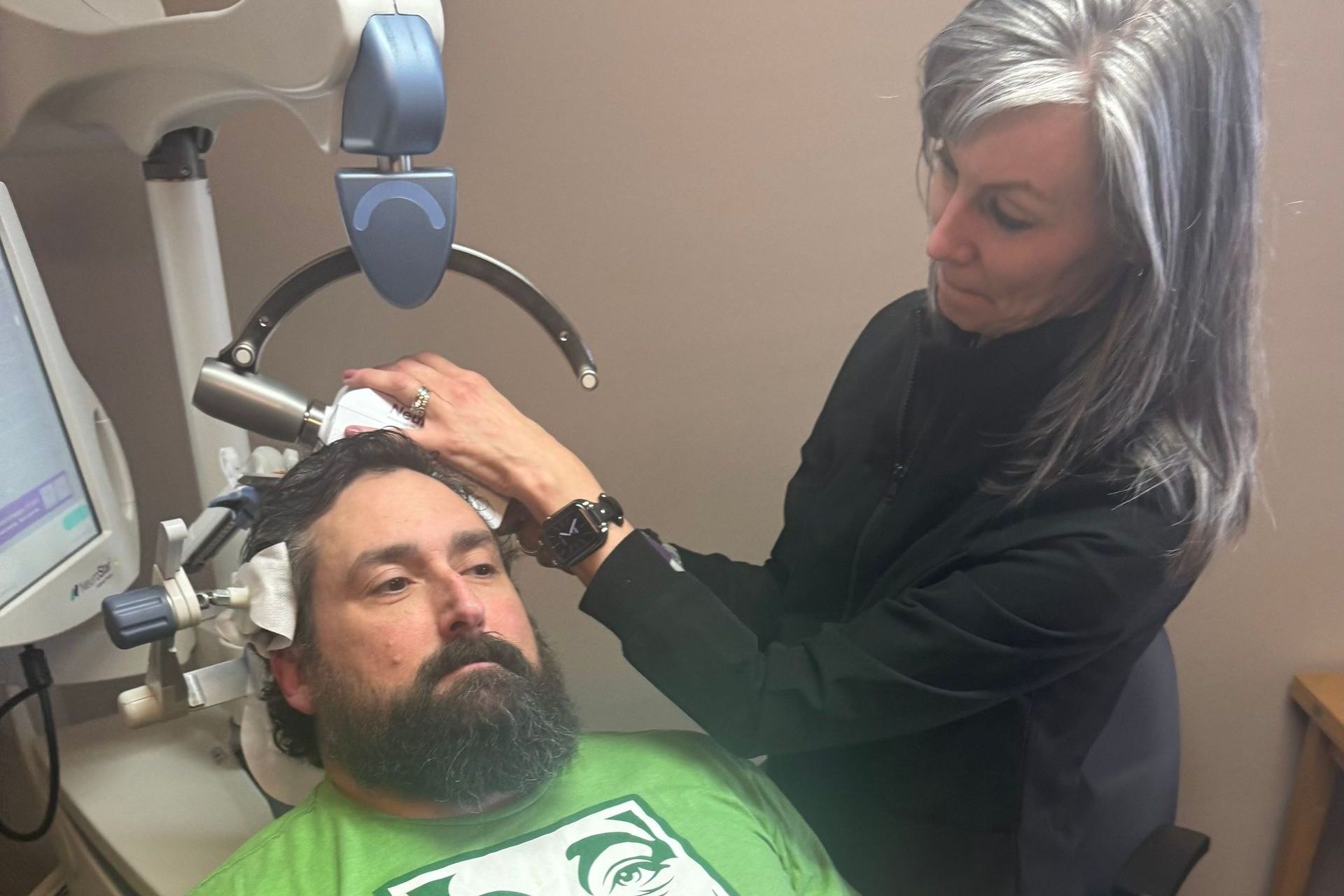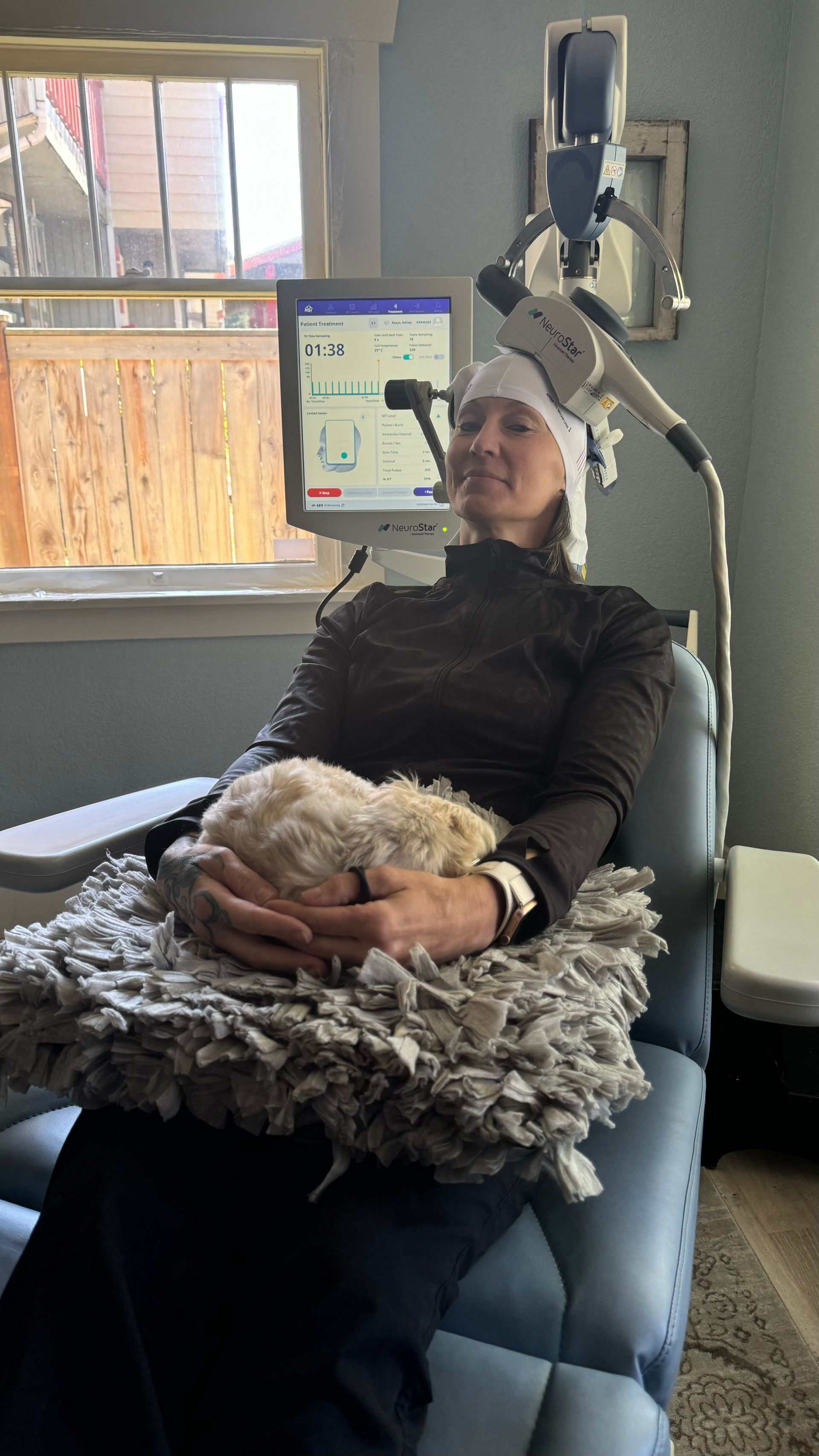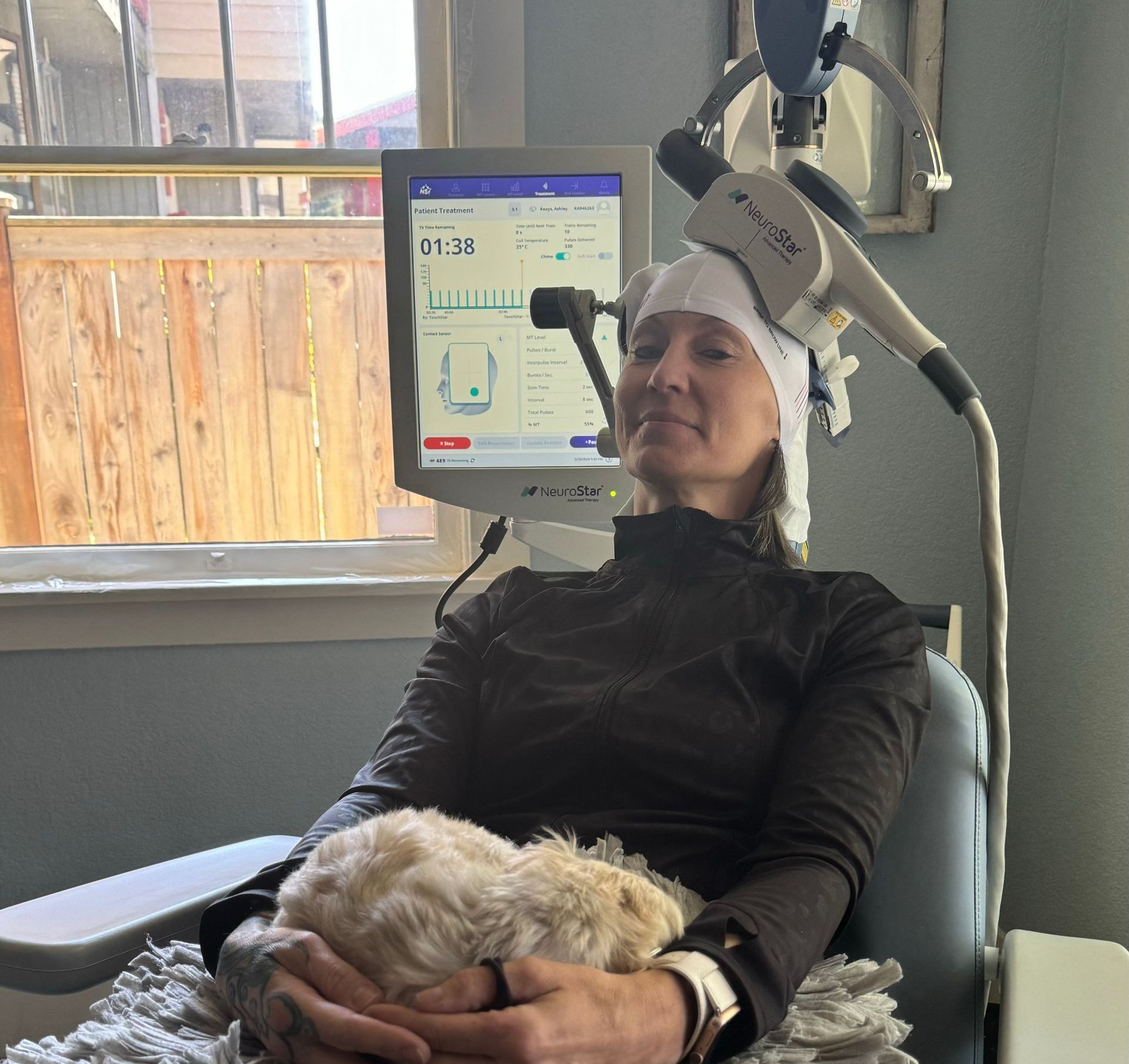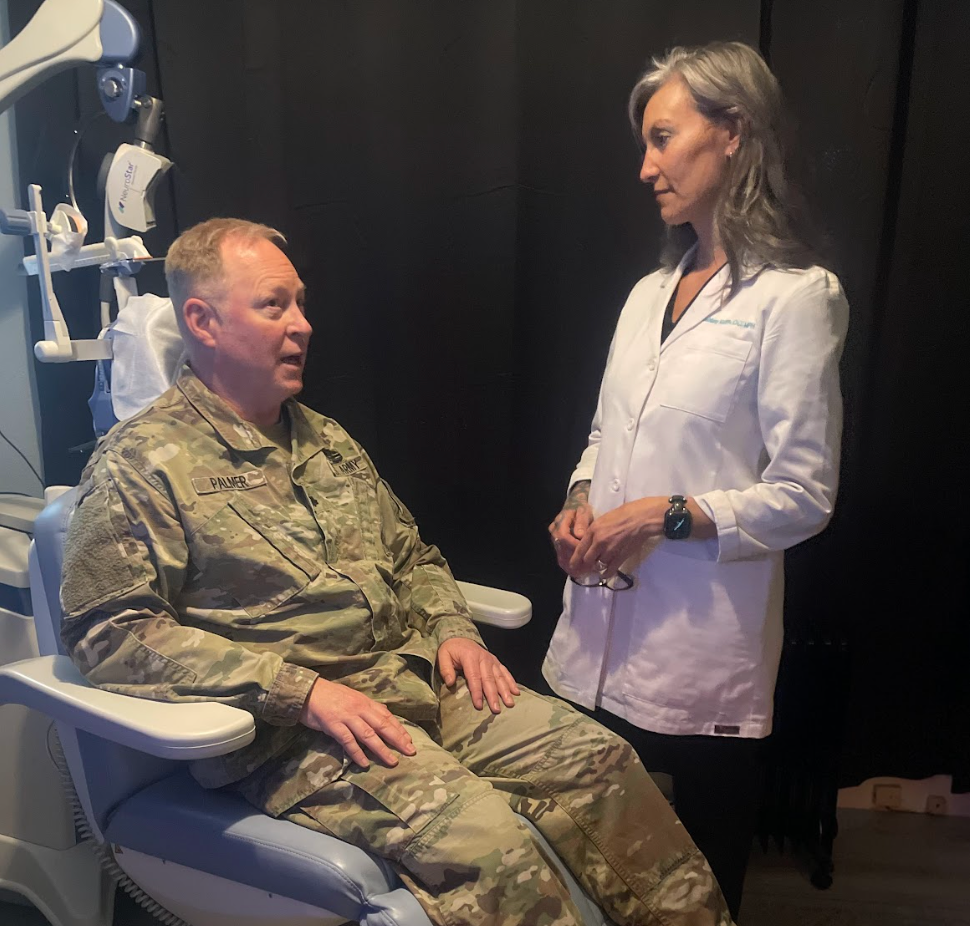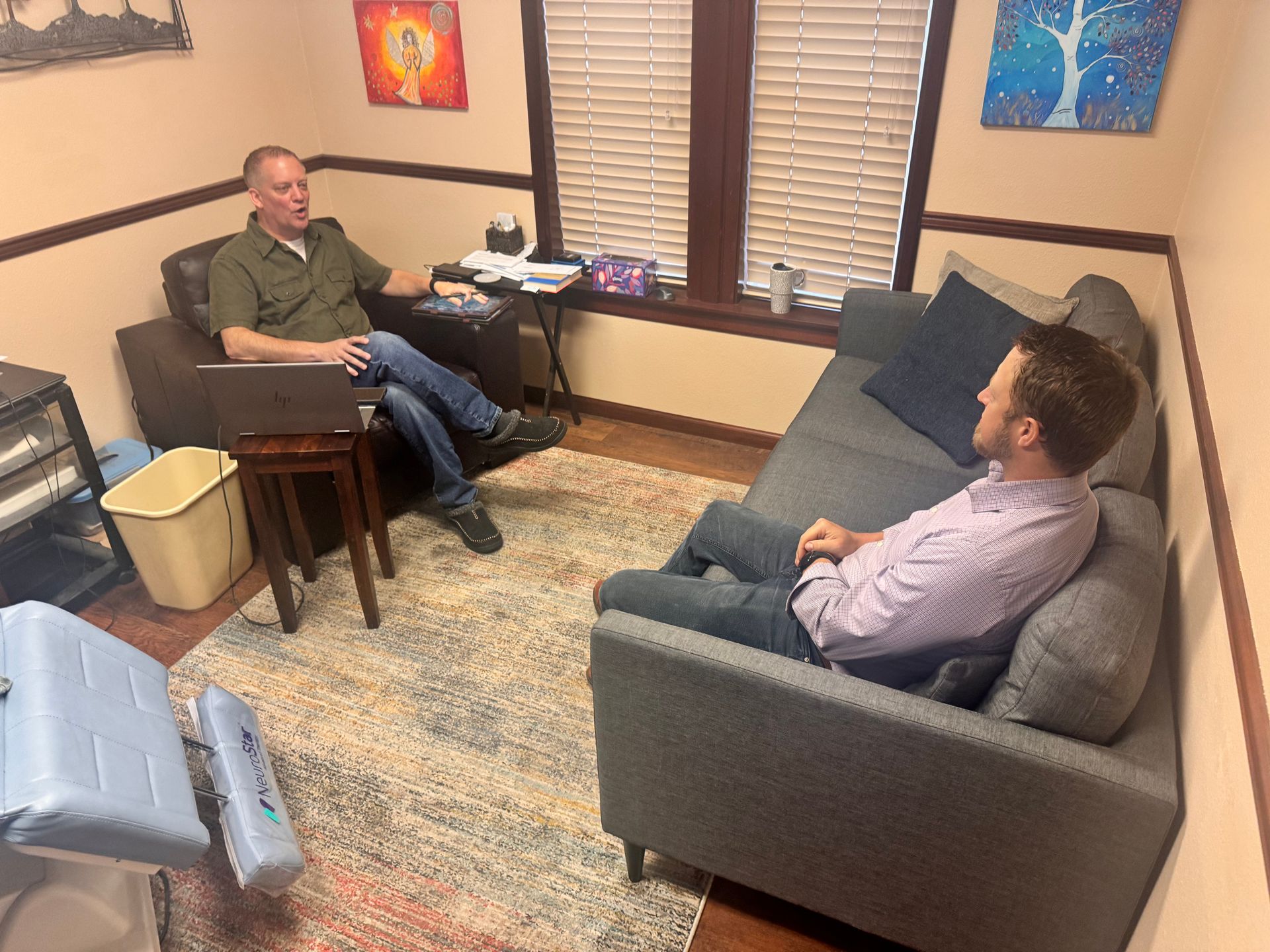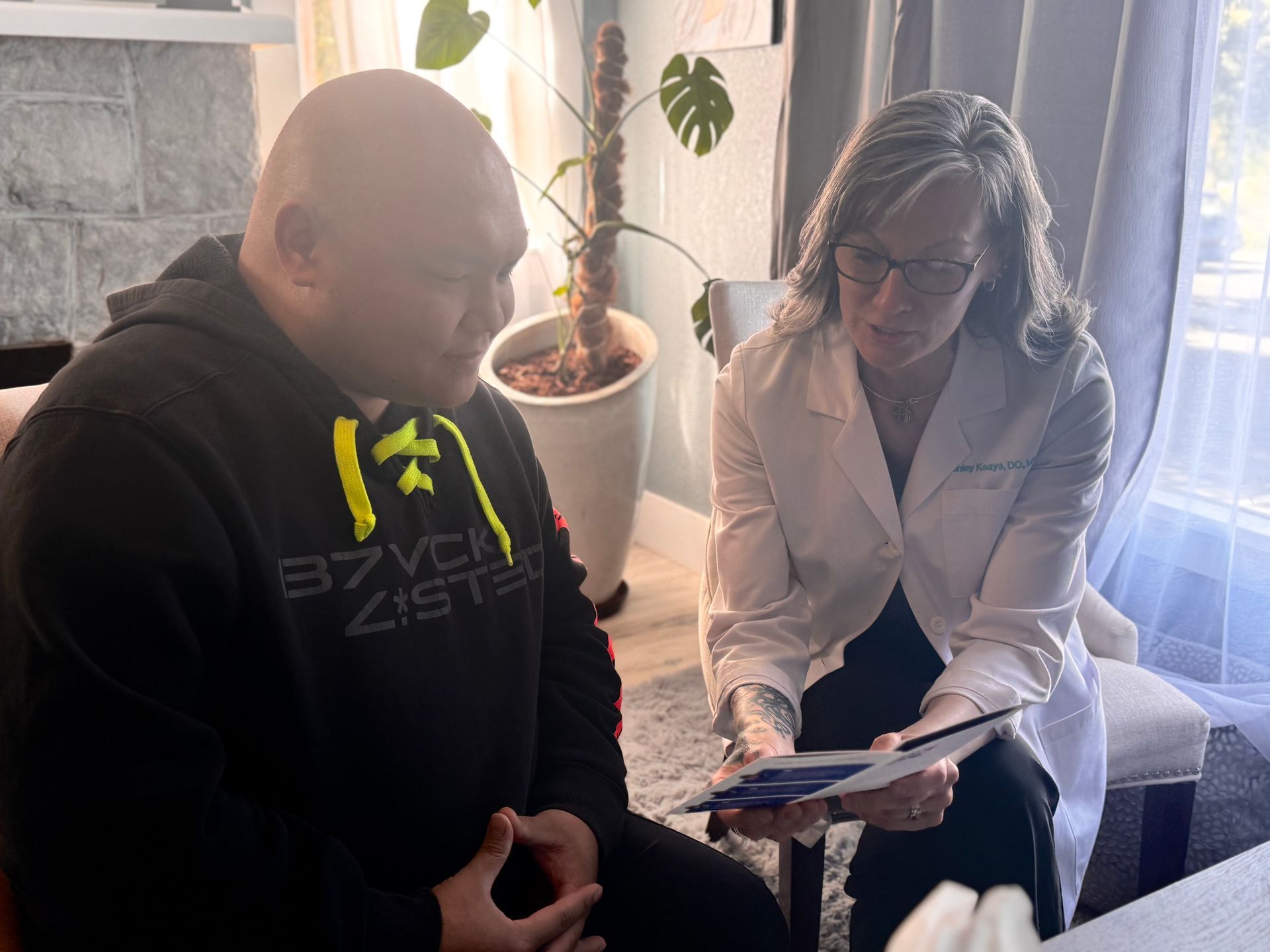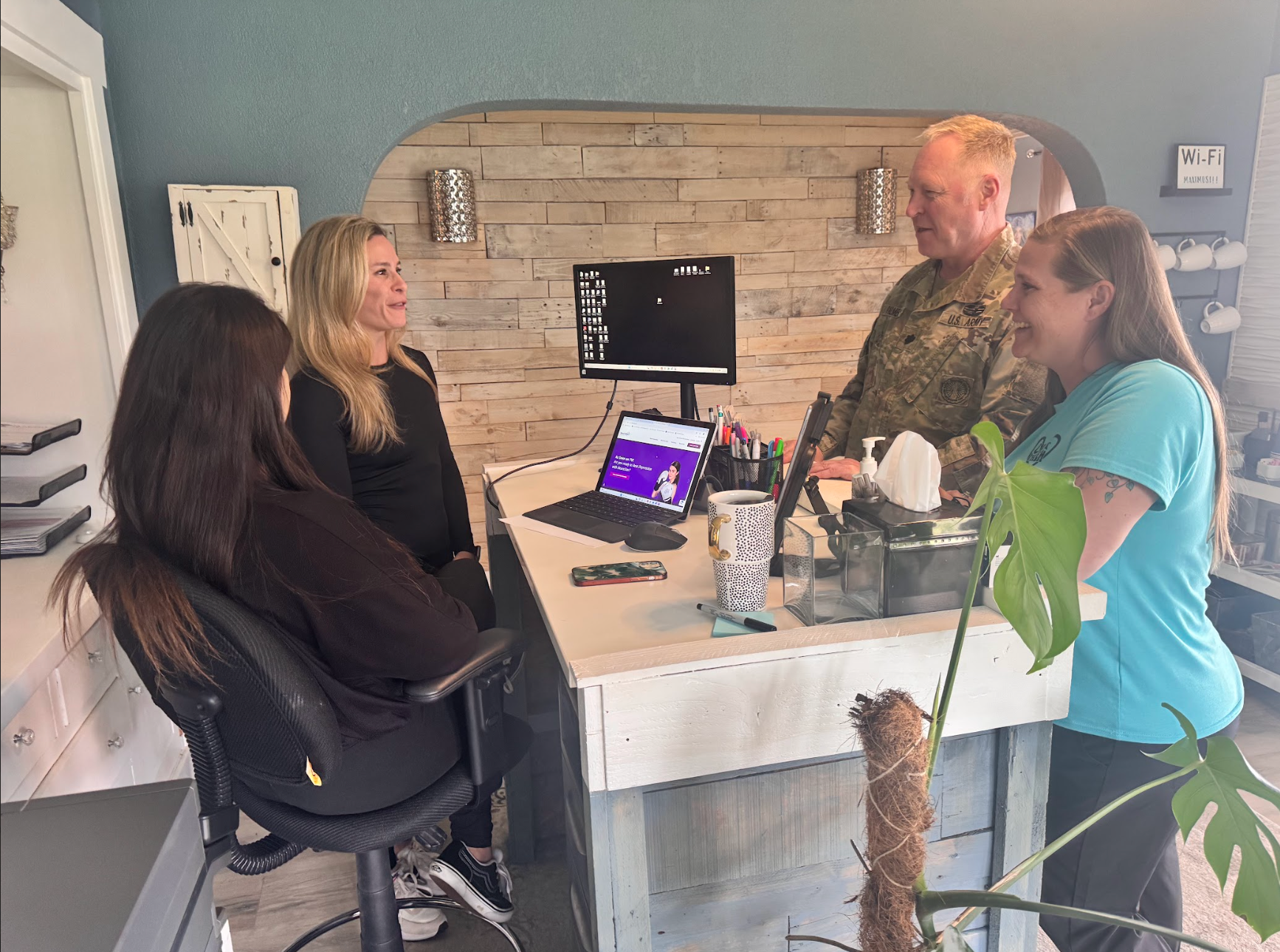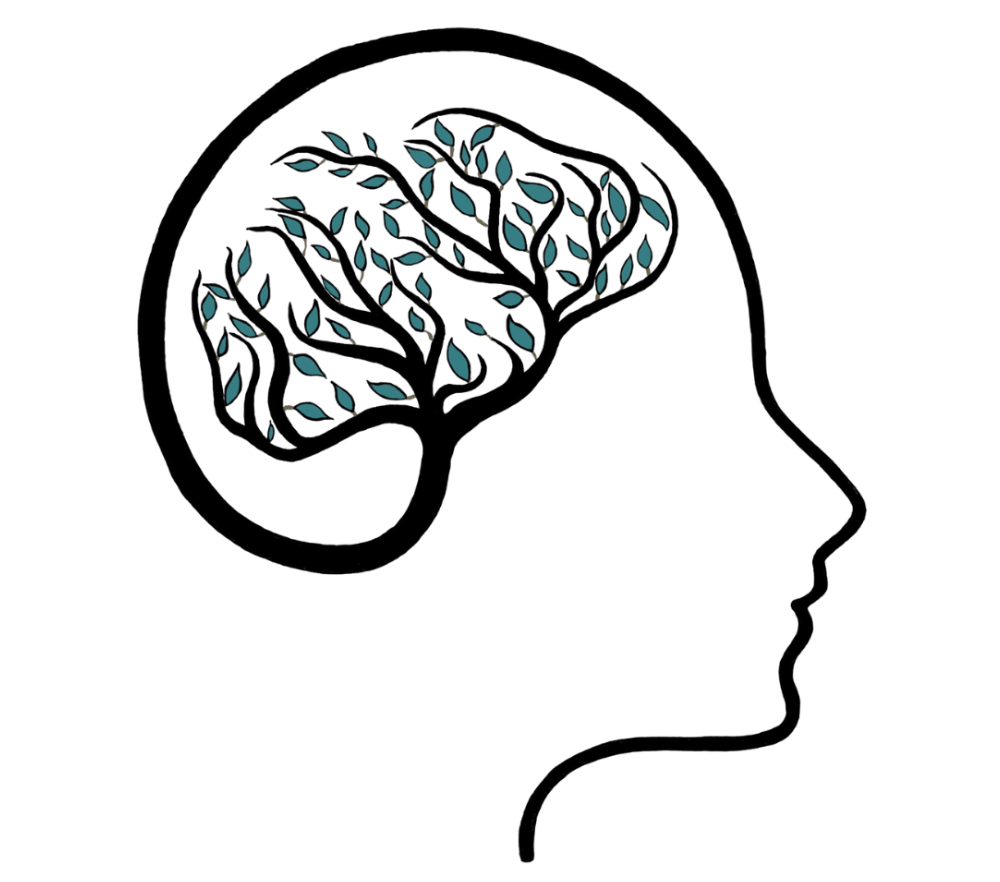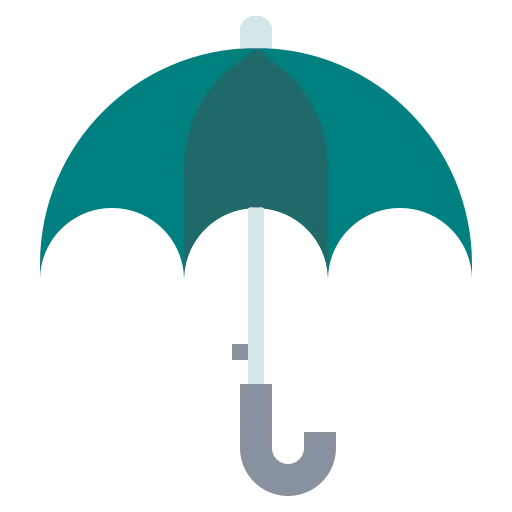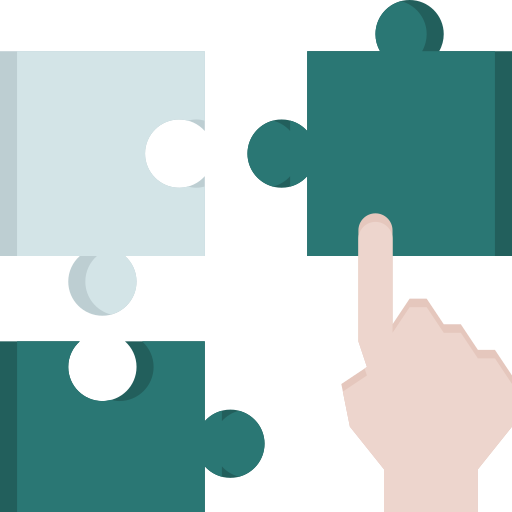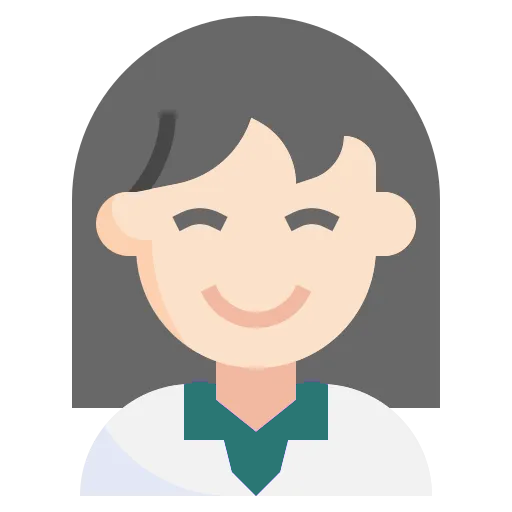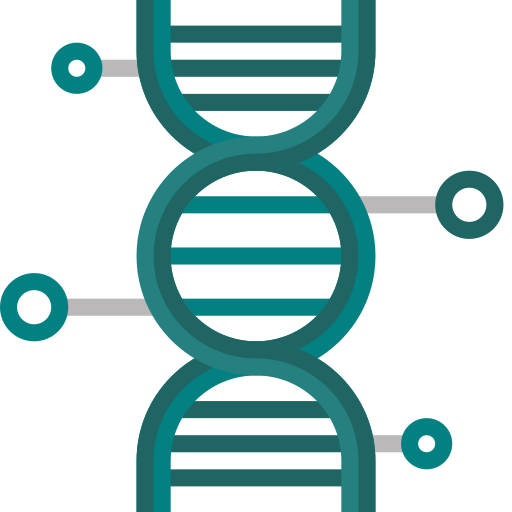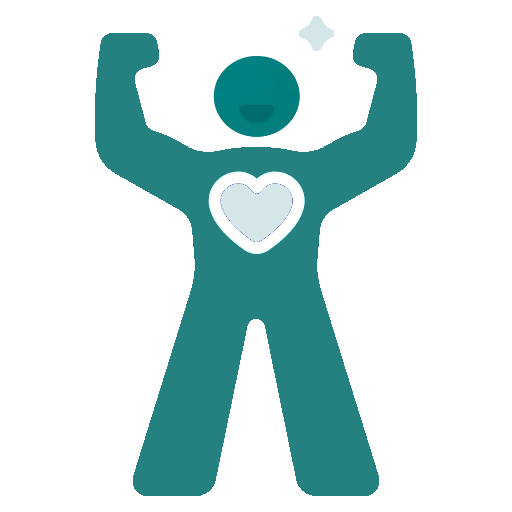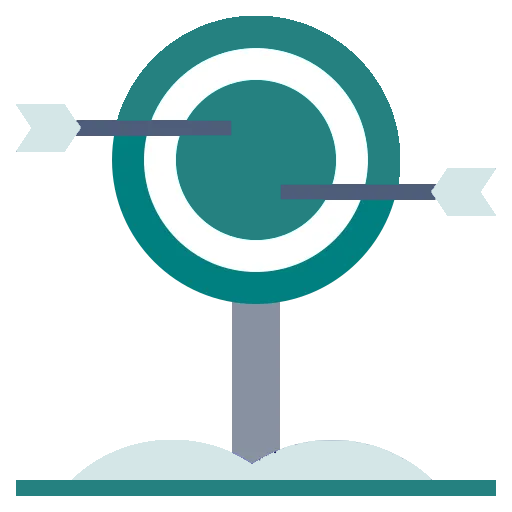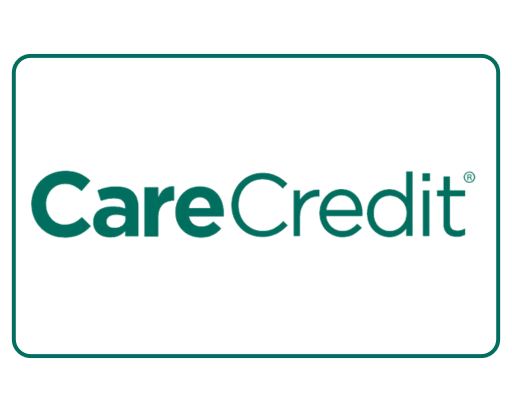FDA-Approved alternative for depression & OCD
Who is Best Suited For TMS?
Psychotherapy and
medication are popular treatment options for many mental health symptoms. For some, these are effective methods of reducing symptoms, increasing daily functioning, and improving quality of life. However, some people are unable to achieve their therapy goals with these methods. TMS provides an alternative solution for some patients experiencing mental health difficulties.
TMS treatment has been FDA-approved specifically for:
A growing body of evidence has also found TMS to be effective at reducing symptoms of anxiety. At Creative Wellness, we offer TMS as an off-label treatment for anxiety, dystonia, post-stroke recovery, Alzheimer’s, tinnitus and ADHD.
Frequently
Asked Questions
What Is Transcranial Magnetic Stimulation (TMS)?
Transcranial Magnetic Stimulation (TMS) therapy, an FDA-approved non-invasive treatment, effective for treating different mental health conditions like depression, anxiety, and obsessive-compulsive disorder (OCD). By using magnetic fields to activate nerve cells in the brain, this therapy can help reduce symptoms and enhance general well-being.
How does Transcranial Magnetic Stimulation (TMS) work?
TMS therapy operates by utilizing magnetic fields to stimulate specific brain regions linked to mood regulation and emotional processing. In a TMS session, a magnetic coil is placed on the scalp, generating a rapidly changing magnetic field that triggers an electrical current in the brain. This current can activate nerve cells that may not be functioning properly, resulting in improvements in symptoms associated with depression, anxiety, and other mental health conditions. Although ongoing research is investigating the exact mechanism behind the beneficial effects of TMS therapy, it is thought to involve alterations in neural plasticity and the release of neurotransmitters in the brain.
Is Transcranial Magnetic Stimulation (TMS) covered by insurance?
Insurance coverage for TMS (Transcranial Magnetic Stimulation) therapy is available in
many plans, but the extent of coverage varies based on the plan and provider. While some plans cover the entire cost, others may cover a portion, or necessitate a copayment or deductible.
To ascertain whether TMS therapy is included in your plan and to understand potential out-of-pocket expenses, it is advisable to consult your insurance provider. Certain TMS clinics also provide support with insurance matters, aiding in navigating the insurance procedures.
Does Transcranial Magnetic Stimulation (TMS) hurt?
During a Transcranial Magnetic Stimulation (TMS) therapy session, you might sense a tapping or clicking feeling on your scalp where the magnetic coil is positioned. This tapping is usually painless and well-tolerated by most individuals. Some may also feel a slight headache or scalp discomfort during or after the treatment, but these effects are typically temporary and subside shortly after the session. It's worth mentioning that each person's experience with TMS therapy differs, and not everyone may encounter discomfort. If you have concerns about potential side effects or discomfort during TMS therapy, it's advisable to consult with a TMS specialist for detailed information and to address any specific questions.
What is NeuroStar?
NeuroStar is the medical device Creative Wellness TMS uses to administer transcranial magnetic stimulation. It is produced by Neuronetics, Inc., who believe that mental health is as important as physical health. They take a patient-centric approach to designing, developing, and marketing products that improve quality of life for people who suffer from psychiatric disorders.
Does NeuroStar TMS work?
Over 6.1 million NeuroStar Advanced TMS treatments have been performed in over 169,000 patients. In real world outcomes, 83% of patients experience an improvement in the severity of their depression, with 62% of patients showing complete remission.

"Dr. Simonsen and his staff were great! They were patient and accommodating during my TMS journey. I always felt comfortable during my appointments. Highly recommend!"
Brittney M.
Evidence-Based Care You Can Trust
Services & Resources
Tailored Care, Built Around You
Featured Resources
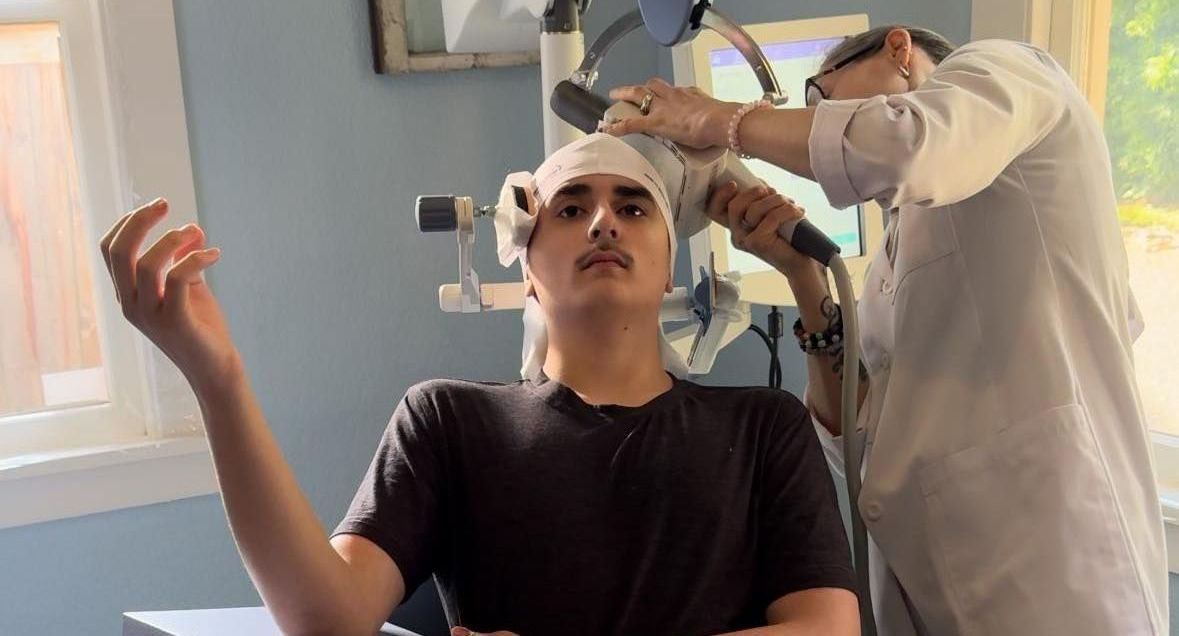
Is
TMS Right For Me?
Valuable questions to ask yourself while making your decision about what treatment pathway to pursue!
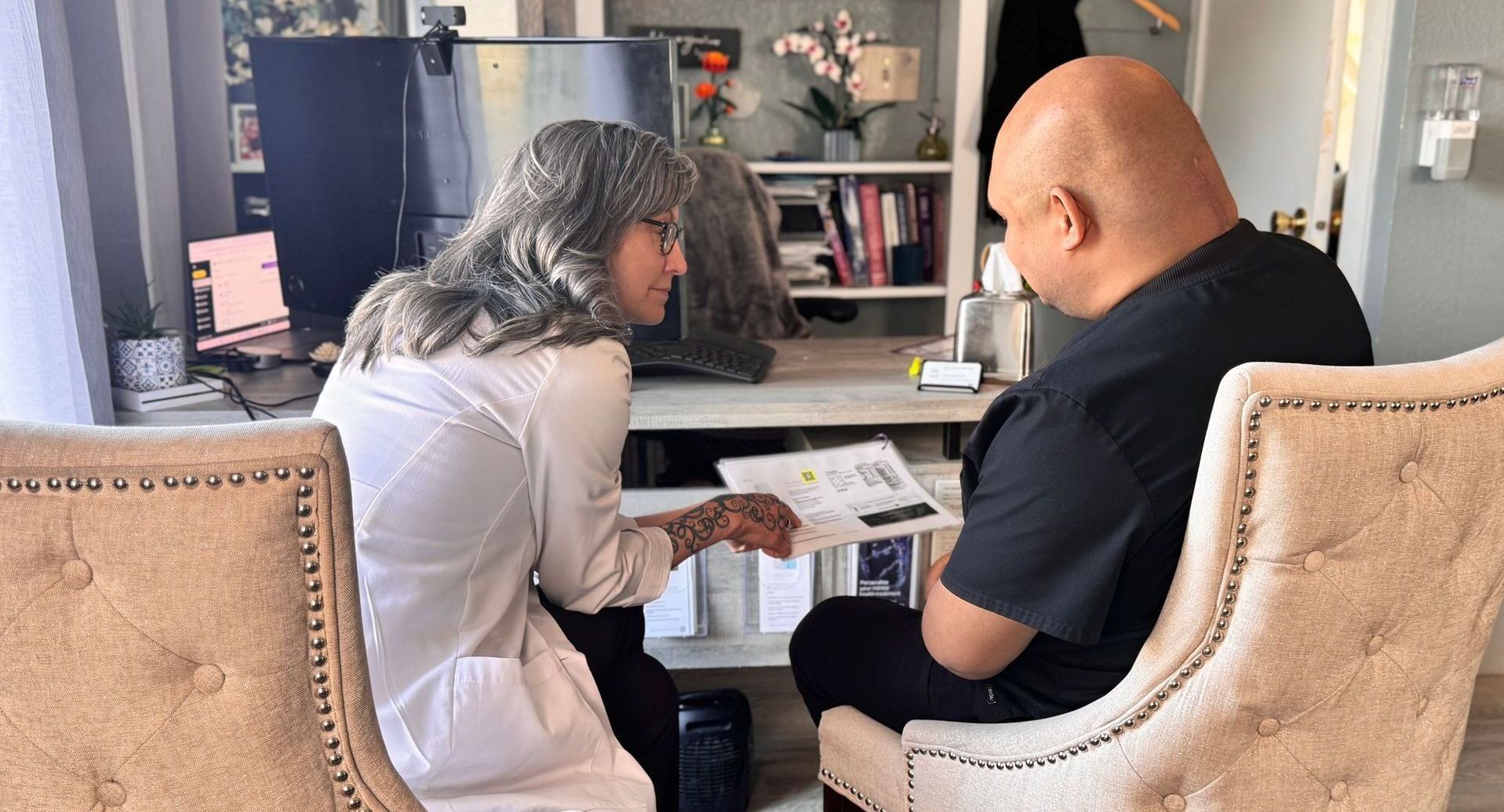
What to
Expect?
The critical stages of our treatment options to ensure you enter your appointments with confidence.
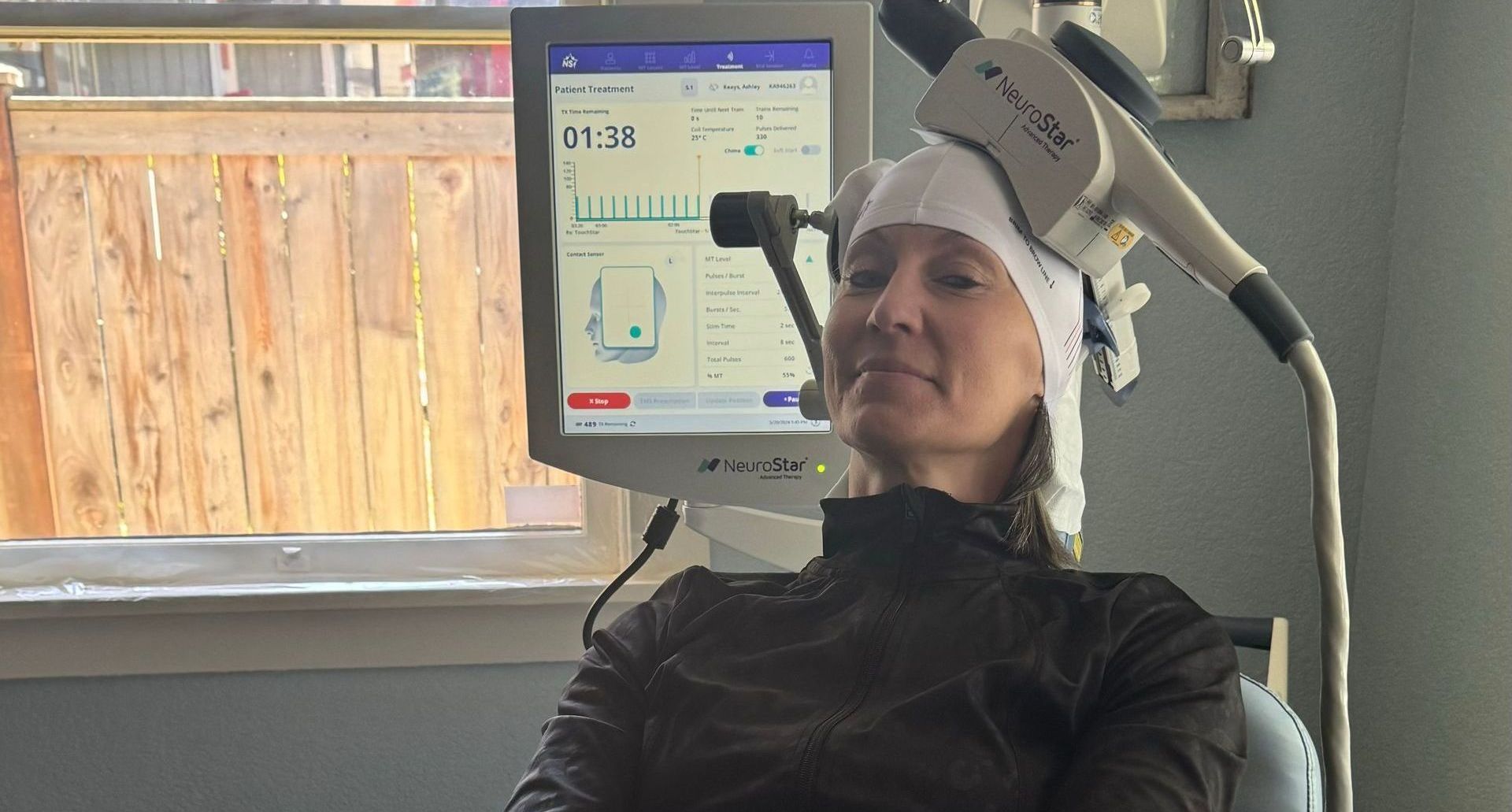
TMS
Conditions Treated
Including but not limited to autism, dementia, stroke treatment, and dystonia.

83%
of patients experienced symptom improvement, with
62% achieving full remission
after completing TMS.
"From the first visit, Creative Wellness exceeded my expectations. Dr. Keays and her staff are genuine, the results are real, and the atmosphere is empowering. The care that I received from Creative Wellness has transformed my life enormously."
"I cannot say enough about Creative Solutions, Dr. Simonsen, his staff, and TMS. I was skeptical but decided to give it a try. They were very thorough in explaining the what's/why's/how's and extremely professional every step of the way. I feel better than I have in YEARS."
"TMS therapy was super helpful, I came to him with severe depression and taking meds that helped very minimally! I was impressed with how quickly I noticed changes with my mental health and my desire to actually want to get up and do things where as before I had zero desire for anything! "
Request Appointment
For more details or to schedule a consultation, give us a call at 253-900-1605 or fill out our online form.
